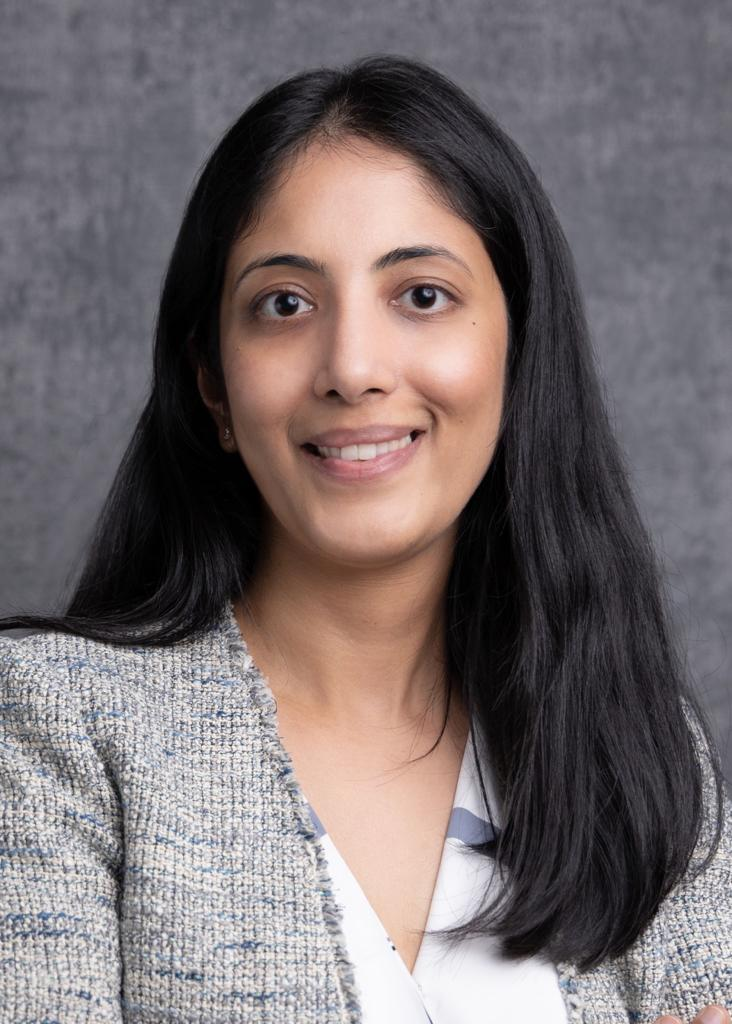Sleep is not a luxury—it's a biological necessity. Yet for millions with obstructive sleep apnea (OSA), restful sleep remains elusive. As an Orofacial Pain specialist deeply familiar with the nuances of sleep-disordered breathing, I've seen the life-changing improvements that well-fitted oral appliances can provide—especially for those who struggle with CPAP.
I see firsthand how untreated sleep apnea can affect not just rest, but also heart health, mental function, and overall quality of life. While CPAP (Continuous Positive Airway Pressure) remains the gold standard for treating moderate to severe sleep apnea, it's not always well tolerated. Many patients struggle with discomfort, noise, claustrophobia, or simply the inconvenience of nightly machine use.
For these individuals, oral appliance therapy offers a viable, effective, and more comfortable alternative.
Understanding Obstructive Sleep Apnea
OSA occurs when the muscles at the back of the throat relax excessively during sleep, causing the airway to collapse. This obstruction leads to pauses in breathing—sometimes dozens or even hundreds of times per night. The result is a drop in oxygen levels, disrupted sleep architecture, and a cascade of systemic health consequences.
Cardiovascular
Hypertension, heart disease, and stroke risk
Cognitive
Memory issues, difficulty concentrating, mood changes
Metabolic
Type 2 diabetes, weight gain, hormonal imbalances
Common Symptoms Include:
- • Loud snoring
- • Daytime fatigue
- • Morning headaches
- • Dry mouth or sore throat upon waking
- • Difficulty concentrating
What Is Oral Appliance Therapy?
Oral appliances are custom-fitted, mouthguard-like devices worn during sleep. They work by gently repositioning the lower jaw forward, thereby keeping the airway open. These appliances are compact, silent, and travel-friendly, making them a preferred solution for many who cannot tolerate CPAP.
As an Orofacial Pain specialist, my role is to ensure that these devices are not only effective but also comfortable and compatible with the patient's jaw joint, bite, and facial musculature. The goal is a balance: improving airway patency while minimizing strain on the temporomandibular joint (TMJ) and surrounding structures.
Who Is a Candidate?
Oral appliance therapy is FDA-approved for mild to moderate OSA, and in some cases of severe OSA where CPAP is not tolerated. It is also an effective solution for primary snoring without apnea. A sleep study (either at home or in a lab) is essential for diagnosis and to determine the severity of the condition.
Patients who may benefit include:
- • Those with CPAP intolerance or non-compliance
- • Individuals with mild to moderate OSA
- • People who travel frequently
- • Patients seeking a quieter or less intrusive treatment option
The Collaborative Approach
Successful treatment of sleep apnea with oral appliances requires a multidisciplinary approach. As a specialist, I work closely with sleep physicians, ENTs, and primary care providers to ensure continuity of care. A titration process is typically involved to fine-tune the appliance and verify efficacy, often through follow-up sleep studies.
Moreover, regular monitoring is critical—not just for the effectiveness of the appliance, but to prevent or manage potential side effects such as bite changes, TMJ discomfort, or tooth movement.
Understanding the Spectrum of Oral Appliances
Mandibular Advancement Devices (MADs)
The most widely used oral appliances, designed to enlarge the airway by repositioning the lower jaw (and thereby the tongue) forward. Construction can range from simple to advanced, based on connection mechanisms and materials used.
- Hinged/Adjustable MADs: Two-piece designs connected by screws, rods, or elastic straps enable gradual jaw advancement adjustments
- Examples include the Herbst, EMA, TAP, and Panthera systems
Tongue-Stabilizing Devices (TSDs)
Using suction to hold the tongue forward, these devices widen the airway directly behind the tongue—offering an alternative for patients lacking sufficient dentition for MADs.
Popular Appliance Types
- Elastic-Mandibular Advancement (EMA): Opens the bite and advances the jaw incrementally using elastic straps of varying lengths and tension
- Herbst Appliance: Originally an orthodontic tool, adapted for OSA management with robust telescopic mechanism
- Custom CAD/CAM Devices (Panthera, Narval CC): Digitally designed appliances offering streamlined fit and durability
- TAP (Thornton Adjustable Positioner): High success rate with convenient patient-managed fine adjustments
- SomnoDent: Known for durability and comfort; works well for moderate OSA
- Silent Nite® SL: Budget-friendly option suitable for mild cases
Why Orofacial Pain Specialists Are Uniquely Qualified
Orofacial Pain specialists are trained to evaluate and treat complex interactions between the jaw, face, and airway. This makes us uniquely equipped to provide oral appliance therapy that's not only effective for apnea but also mindful of comorbid conditions like TMJ disorders, bruxism (teeth grinding), and facial pain.
We consider the biomechanics of your entire craniofacial system—not just the airway—and tailor therapy accordingly. It's a precise, individualized process.
As an Orofacial Pain specialist, I weigh multiple factors:
- • Jaw joint health and bite alignment
- • Comfort, adjustability, and ease of use
- • Treatment response—typically confirmed via follow-up sleep studies
- • Accuracy of fit and fabrication (custom devices often outperform off-the-shelf options)
Final Thoughts
Sleep apnea doesn't demand one-size-fits-all treatment. Oral appliance therapy delivers personalized, quiet, and portable solutions—especially valuable for CPAP-intolerant patients.
If you suspect you have sleep apnea or struggle with CPAP, know that there are alternatives. As an Orofacial Pain specialist, I'm here to help you breathe better, sleep deeper, and live healthier—one night at a time.
Ready to Explore Sleep Apnea Treatment Options?
Don't let sleep apnea control your nights and days. Schedule a consultation to learn about oral appliance therapy and find the solution that works best for your lifestyle.
